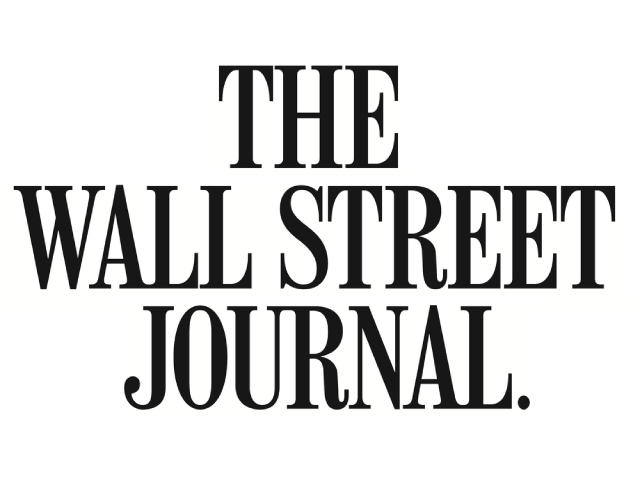This piece originally appeared in the The Wall Street Journal on March 31, 2023.
In choosing to convene a grand jury to pursue the Donald Trump-Stormy Daniels affair, Manhattan District Attorney Alvin Bragg faced two big problems—one political, one legal. The indictment of Mr. Trump will address the first, likely at the expense of the second.
To recap how we got here: Ms. Daniels, a pornographic film performer, alleges she had a fling with Mr. Trump in 2006, nearly a decade before he entered the Republican primary for president. Once Mr. Trump became a candidate, Ms. Daniels began demanding money in exchange for her silence. Mr. Trump obliged, and his company, the Trump Organization, sent $130,000 to Ms. Daniels through Mr. Trump’s personal lawyer, Michael Cohen. The expense was apparently recorded on the company books as “legal fees,” which the indictment is expected to allege was a falsification of business records.
Mr. Bragg’s political problem is that this charge is chump change, merely a misdemeanor under New York law. To ratchet it up to a felony indictment, the district attorney has to show, among other things, that the falsification was designed to conceal another crime. That crime is believed to be a campaign-finance violation—an illegal corporate contribution by the Trump Organization to the Trump presidential campaign—which the false business reporting was meant to conceal.
Here’s where Mr. Bragg’s legal problem comes in: Was the hush money a campaign contribution? The governing statute, the Federal Election Campaign Act, provides that a contribution is any donation made “for the purpose of influencing any campaign for federal office.” The Trump Organization, says Mr. Bragg, paid Ms. Daniels to prevent revelations that would have hurt Mr. Trump’s presidential campaign. Thus the payments were “for the purpose of influencing” a federal election—and, since corporate contributions to a campaign for federal office are illegal, the case is closed.
Not so fast.
The Supreme Court has repeatedly held that because campaign-finance laws infringe on core First Amendment activity, they can’t be dependent on vague, subjective interpretations. Accordingly, the clause “for the purpose of influencing any federal election” is an objective standard. As another section of the statute states, an obligation isn’t a campaign expenditure if it exists “irrespective” of the campaign. In other words, campaign funds pay for campaigning—the campaign manager’s salary, ads, campaign travel, venues for rallies, polling and so on. They don’t pay for personal expenses not created by the act of campaigning, even if the candidate intends for them to benefit the campaign.
The statute’s objective nature is demonstrated by a noninclusive list of things that campaign funds may not be spent on no matter how much they might benefit—or be intended to benefit—a campaign. For example, if a candidate wants to look good in a debate and purchases a $4,000 suit he would never have bought if he weren’t running for office—that is to say, he buys it with the subjective intent to influence an election—it still can’t be purchased with campaign funds, because he would have to buy clothing anyway. A country-club membership can’t be purchased with campaign funds, no matter how much the candidate intends for it to benefit his campaign by giving him a place to schmooze donors.
Candidates with substantial business interests, such as Mr. Trump, will frequently find themselves facing lawsuits—some merited, some not. If such a candidate were to instruct his company’s legal counsel to settle them, the settlement payments would, subjectively, be made “to influence an election.” Legally, however, such payments couldn’t be made with campaign funds and would have to be made by the company or the candidate personally, because the underlying obligation wasn’t created by the act of campaigning.
These restrictions on converting campaign funds to “personal use” may be the one meritorious part of our complex, often destructive system of campaign-finance regulation. They define the difference between bribes—donations for the candidate’s personal benefit—and campaign contributions. Who really thinks that a candidate can—let alone must—use campaign funds to pay hush money for past affairs, and who knows what else? But that’s what Mr. Bragg’s theory would require.
In other words, the “crime” that Mr. Bragg claims is being covered up isn’t a crime at all. Worse still, one is left with the distinct impression that if Mr. Trump had used campaign funds to pay Ms. Daniels, Mr. Bragg would be alleging that the underlying crime the business records were intended to cover up was the illegal conversion of campaign funds to personal use. This is a classic Catch-22 that undermines the rule of law.
Mr. Trump has a remarkable ability to make both his ardent supporters and his ardent critics abandon long-held principles for short-term satisfaction. If Mr. Bragg is somehow able to make these charges stick, it will betray fundamental tenets of campaign-finance law and those who believe in the rule of law.














